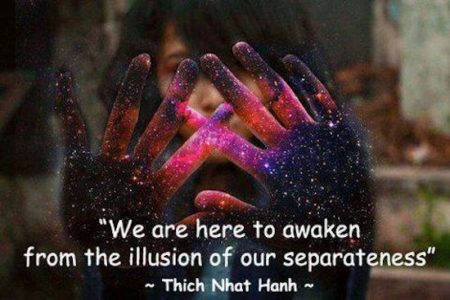This article discusses strategies that work for recovering alcoholics and addicts and may help people who are choosing to return to their lives pre-pandemic. The basic recovery principles of accepting what is true right now, creating and sticking to a plan, identifying feelings/emotions, connecting with the community, and gratitude are the cornerstones of recovery. For my first few years, they were vital to my survival. Today, they are a natural part of my life expressed in ways that are more representative of who I am now.
I encourage you to be patient with yourself and allow space for the more challenging feelings and emotions you may experience, like anxiety, distance, being overwhelmed, panic, anxiousness, depression, and possibly wanting to hide under the covers. For most people, these emotions will be temporary. Let your friends and family know what you are going through if that feels safe. I highly recommend having some fun, plain old simple fun! Laugh and play as often as you can! Just because you are re-entering society does not mean you have to consume more alcohol/drugs than you know is good for you. Fun is the goal, not another form of numbness or reason to feel isolated. The principles below may be helpful guides for you as you expand your world to your specific needs and wants.
I become excited and inspired when I see concepts, ideas, and methods that I use in my work validated by international scientists and authors. The two articles that I have included excerpts from offer alternative ideas about the use and abuse of alcohol, tobacco, and drugs. From my experience, combining these two perspectives is the core of my work, supporting and facilitating shifting patterns, behaviors, obsessions, and addictions.
I typically integrate these three principles/methods for shifting unwanted patterns and behaviors.
- Exercises supporting the discovery and understanding of our patterns and thinking.
- Explore what we feel connected to, or the lack of connection, to people, animals, friends, family, and our environment. Create a plan to improve and expand our connections. (Read Johann Hari's views on addiction and connection at the bottom of this post.).
- Brainstorm interests, passions, and activities that we have either enjoyed in our past or present or would like to explore, including creative expressions, physical activity, opportunities to connect with the natural world, or anything that inspires or stimulates us. We follow the brainstorming process by implementing some of these interests and activities into our lives before or during launching into facilitating the shift in the unwanted behaviors. In short, let's find out what will inspire and stimulate you to replace the patterns, behaviors, and addictions that are problematic. (This parallels the process Harvey Milkman researched in the U.S. and implemented in Iceland, discussed in the main article focusing on teens and addiction.)
...
Learning to meditate is hard. This is my experience with learning to meditate. I was coming up on six months clean and sober. My sponsor's sponsor, which I jokingly used to call my grand sponsor, was coming up on 40 years sober. I used to enjoy talking with old Bill often. He was kind, respectful, direct, and openhearted. These were all qualities that I had desired, but I did not know how to express them myself or know many people who did, for that matter. So I used to like to talk with him whenever possible. He was one of the few people I trusted even a little.
One night after a meeting, Bill came over and sat next to me. He smiled that soft, gentle smile that typically made me feel safe, if only momentary. On that particular Friday night, I was not able to tap into his smile in order to shift the sadness, desperation, and frustration I was experiencing. Bill noticed this immediately. He leaned over and put his right hand on my left elbow, "How are you doing, young man?". Bill was old enough to forget pretty much everyone's name, and we were all either Young Man or Young Woman, regardless of age or any other identifying factors.
I let out a deep sigh and felt my belly clinch, "I'm not doing so good, Bill. I go to meetings, I talk to my sponsor, I hang out with all my recovering friends, I pray every night before I go to bed, and every morning when I wake up, I still feel miserable. I feel like it's never going to get better for me, and there's nothing I can do about it."

...








